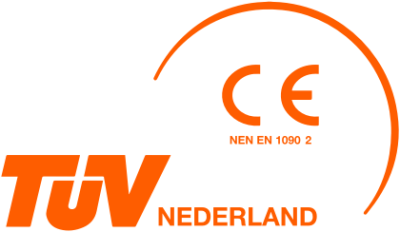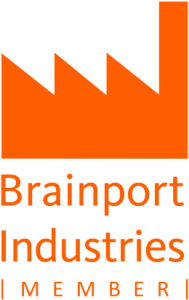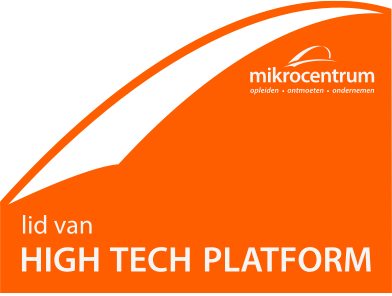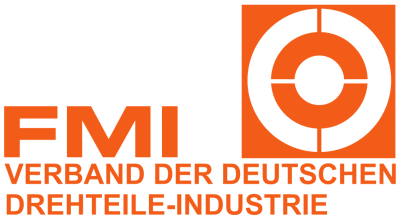Blockchain is a term that regularly passes the news. Several agencies carry out research into blockchain and a large number of branches and companies see application possibilities. But what is blockchain actually? How does the concept fit together and what can it mean for the industrial sector? You can read it here!
Short and clearly: what is blockchain?

Blockchain is a promising concept that is increasingly popular. Blockchain is basically a public online database that makes it possible to conclude agreements that do not require an intermediary. A well-known example is money transactions without the need for a third party to act as a bank. It is an online network that is not managed by a single authority. Every user is an administrator of the network and has a copy of the database.
Every change is recorded in a new ‘block’ that is added to the chain of blocks. Every new addition must be approved by the network, which prevents unilateral changes. When trying to fraud with transactions, the numbers change. The identification numbers then no longer match, causing the chain to break. Such a change will never be approved by the network, making it extremely difficult to commit fraud. This increases the reliability of the transactions.
The advantages of blockchain
A big advantage of blockchain is that all information is processed in real time. One can view the history and use the information from the past, but in case of a change history will always exist. Everyone involved in that chain will be able to see what has changed. In addition, fraud is almost impossible because all changes are immediately seen and rejected when cheating with the identification numbers.
Applications for the manufacturing industry
Blockchain has a lot of potential to be applied on a large scale. At the moment there is particular interest from the financial world. But blockchain can be used in many industries, such as in the manufacturing industry. Think of the entire supply chain from raw material to a final product.
Every ‘block’ (read supplier) in the chain has access to the same information, which will bring the following benefits:
- No more doubt about the revision of a drawing. As the last change is always visible to everyone.
- Less production stress and lower inventory costs. As soon as the delivery time of one of the suppliers in the chain is extended or shortened, any successor company can adjust its planning, purchasing and delivery time.
- No more unnecessary calculations and quotations. Everyone in the chain makes the up-to-date prices known to all, pre-agreed, stakeholders.
- 100% zero-defect deliveries are getting closer. Because all communication flows about quality, orders and production are organized without the intervention of people, the chance of human error is removed from the process.
- Knowledge sharing will be the norm. Every company that is connected to a particular block will gain more and more insight into other production techniques, industries and processes and will learn a lot from this. Completely shielding own production and knowledge will ultimately result in a reduction in market share and logically a decrease in turnover.
In order to be able to facilitate blockchain in the manufacturing industry, two major changes are needed in the first instance:
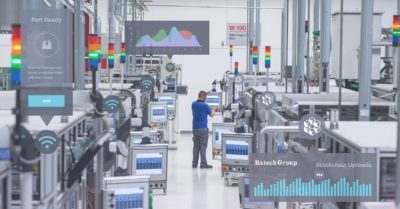
- Culture and approach: a different approach to sharing information with both customers and suppliers and in some cases even competing colleagues. Cooperation is of the utmost importance here. Without this switch it will not be possible to benefit from blockchain.
- Digitization of production environment: the entire process of application, order and production and of course final product delivery, must fully communicate in one system. Every single process must be completely digital.
Rapid changes at Betech Group
The Betech Group is currently not yet ready to work together optimally in the blockchain, but is working very hard to implement all the necessary changes at high speed. Digitization is the first phase of many and it is a continuous process that needs to be deployed as quickly as possible. The entire production environment is currently being prepared to facilitate all digitization.
‘‘It always seems impossible until it’s done.’’







